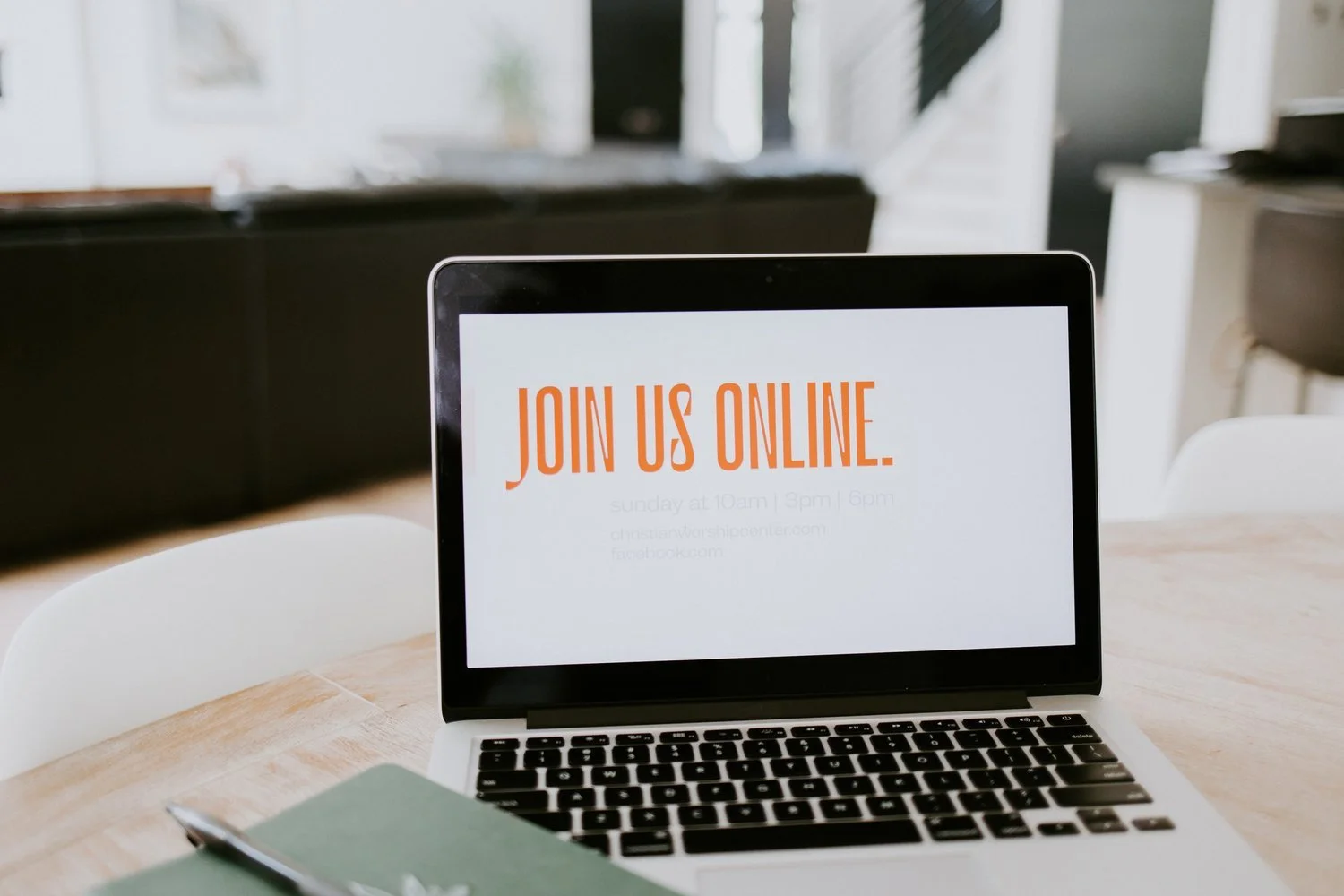Listen Instead of Reading
If you enjoy listening, you can subscribe to the audio version on Spotify, Apple Podcasts, and Audible so you don’t even have to look at the email 😊
Enjoy My Work?
Reading Time: 1 min 43 sec
I hope the next 25’ish breaths are the most nourishing of your day.
4 THOUGHTS
1. The Mindful Artist
“The artist actively works to experience life slowly, and then to re-experience the same thing anew.”
– Rick Rubin, The Creative Act
I think this could also define someone living mindfully, a mindful artist, we might say, experiencing each breath anew. (Maybe not all day, every day, but at least during their morning practice 😊).
2. Smile Before Putting (and breathing)
“One tip I've shared with many golfers is a simple one: smile a little bit before each putt. Frowning is something your body does automatically when you've engaged your conscious mind to concentrate on a problem. Smiling tends to be something your body does when you're relaxed and happy and your subconscious brain is in control. Smiling can help putting. Try it and see.”
- Dr. Bob Rotella, How Champions Think
For these same reasons, smiling before (or during) a slow, deep, nasal breath can also be helpful. Try it and see 🙏
3. A New 2024 Meta-Analysis on Slow Breathing
“In conclusion, the current meta-analysis showed that slow-paced breathing had significant immediate beneficial effects on SBP, HR and time-domain HRV (RMSSD and SDNN), but not on DBP or frequency-domain HRV. Slow-paced breathing also had a modest effect in reducing negative emotions, particularly perceived stress.”
Nothing too shocking here, but my overall takeaway was: Slow breathing, at least in the short term, generally had positive effects on cardiovascular and emotional health. Check out the study for more.
4. A Life-Changing Exercise and Shift of Perspective
“The next time you find yourself doing something embarrassing, I encourage you to try to think about how it could be seen as funny. What about your mistake is humorous? What was surprising, silly, or just plain ridiculous? How would someone on the outside see it, and why might they laugh? You’ll be surprised by how often a humorous interpretation is available if you only go looking for it.”
- Gladys McGarey, MD, The Well-Lived Life
Last week, we discussed how laughing is the most therapeutic breathing exercise, tickling your adrenals and thus easing your heart.
Here, we learn a simple practice to help make humor part of our day. I’ve done it several times since reading it, and it’s truly life-changing.
1 Quote
“When the heart is at ease, the body is healthy.””
1 Answer
Category: Breath Words
Answer: Although less commonly used, this word refers to taking a long, deep breath, like a sigh.
…
(Cue the Jeopardy! music.)
…
Question: What is suspiration?
In good breath,
Nick Heath, T1D, PhD
“Breathing is the compound interest of health & wellness.”
P.S. i won’t rest until i’ve cracked this case!
Coaching
Breathing & Mindfulness 1-on-1 (I currently cannot take on new clients. But if you’re interested, please send me a message, and I’ll let you know when space opens.)
Support this Newsletter
If you enjoy getting these each week, consider donating to keep me breathing. Anything helps and is appreciated 🙏
Amazon Associate Disclosure
I’ve been recommending books for almost 6 years. Yet somehow, I just discovered that I could be an Amazon affiliate [face-palm]. In any case better late than never. Now, any Amazon link you click is an affiliate link. As an Amazon Associate, I earn from qualifying purchases. So, if you’d like to support my work, buying books through these links is helpful : )
* An asterisk by a quote indicates that I listened to this book on Audible. Therefore, the quotation might not be correct, but is my best attempt at reproducing the punctuation based on the narrator’s pace, tone, and pauses.

